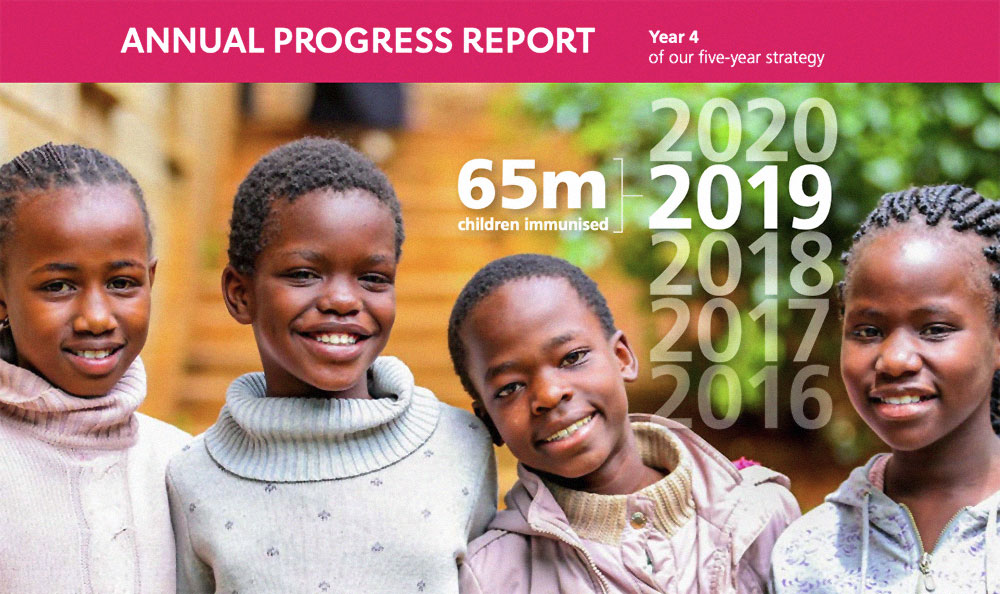Experimental approaches to address post-transition risks
After transitioning out of Gavi support in 2017, the Republic of Moldova is mobilising champions and advocates to strengthen vaccine confidence – which is crucial to the success and sustainability of immunisation programmes.
- 25 September 2020
- 2 min read
- by Gavi Staff

The Republic of Moldova was the first transitioned country that applied for targeted post-transition support to mitigate risks to the sustainability of its immunisation programme. Its application was based on an in-depth risk assessment conducted by the country, and a wide consultation with UNICEF and WHO at regional and country levels, as well as with local nongovernmental organisations (NGOs).
In 2019, as Moldova continued to implement its post-transition plan, one of the main obstacles to sustainability was vaccine hesitancy, which was particularly high among educated urban families and also ethnic minorities – a pattern observed in other European countries.
One of the main obstacles to sustainability was vaccine hesitancy, which was particularly high among educated urban families and also ethnic minorities
In the face of increasing vaccine hesitancy in the region – a risk that was further intensified with high inter-regional population movements and disease outbreaks in neighbouring countries (e.g. Ukraine, Romania) in 2018 – Moldova addressed these risks by investing post-transition funds in experimental approaches to strengthening demand generation: using behavioural insights; developing multi-language mobile applications; launching a dialogue on social media; and targeting under-immunised ethnic and religious communities.
In order to create and maintain a supportive environment to strengthen vaccine confidence, and also to prioritise vaccine investments in the domestic budget, the country’s Expanded Programme on Immunization (EPI) engaged a wide spectrum of partners – parliament, civil society, the Ministry of Education, representatives of religious groups, journalists – mobilising them as champions and advocates for immunisation. Moldova ensured synergies with other investments made in the country and regionally: activities under the plan built on the government’s risk mitigation strategies, complementary to Alliance partners’ support, and leveraging expertise of local actors and NGOs.
This harmonised, systematic approach to the post-transition risks contributed to improvement in vaccine coverage in Moldova. More importantly, it helped build a comprehensive and targeted strategy to vaccine demand generation that lays solid ground for future work on restoring trust in vaccines.
Read more about how Gavi has accelerated equitable uptake and coverage of vaccines in Gavi’s 2019 Annual Progress Report.
More from Gavi Staff
Recommended for you










